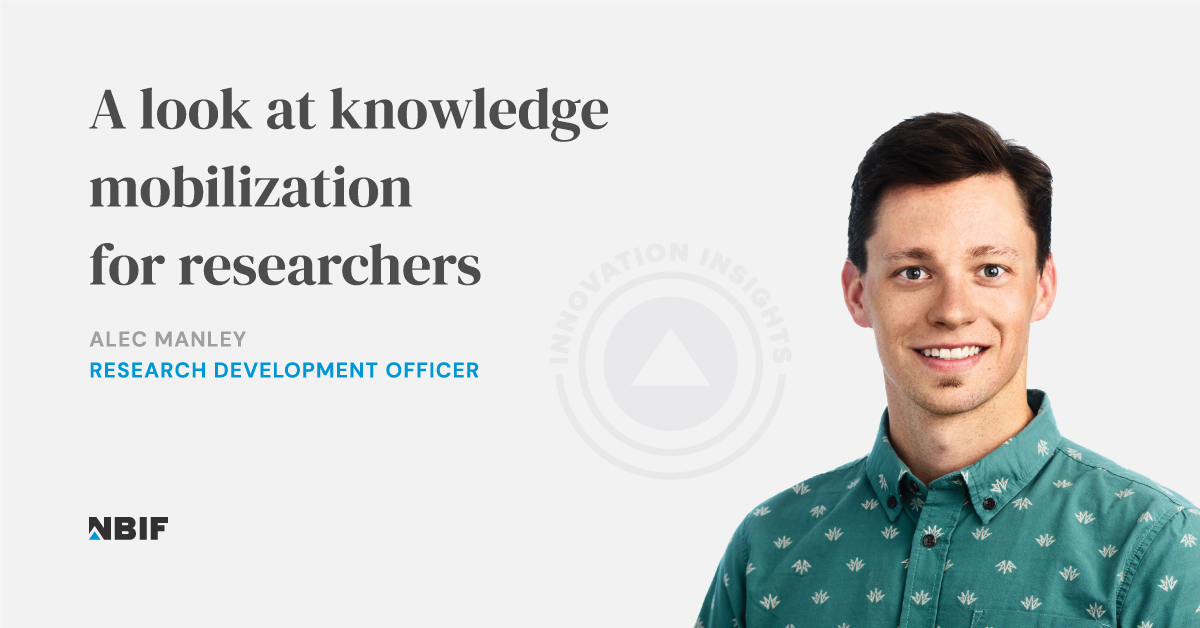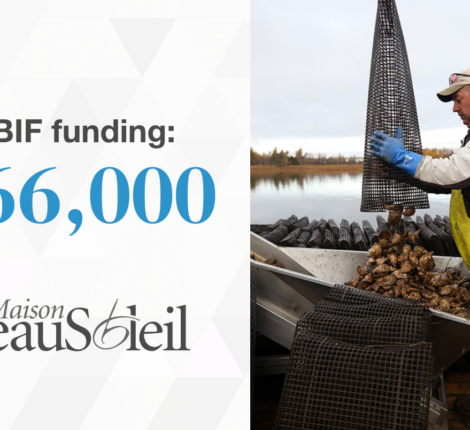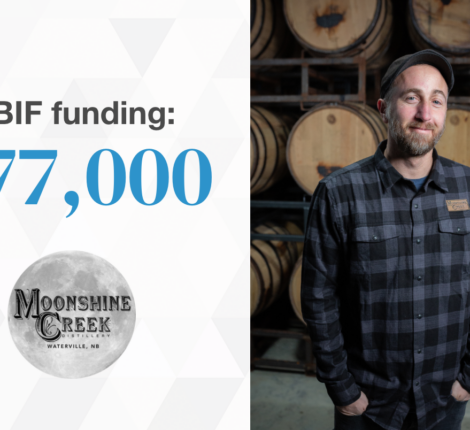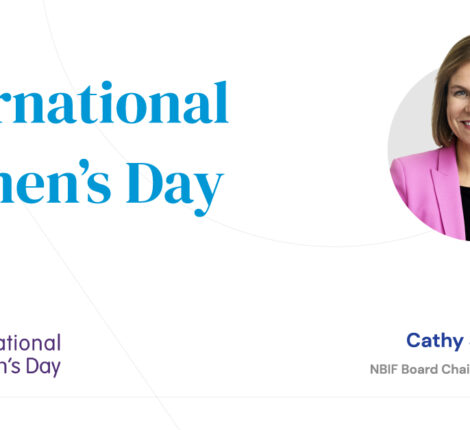- January 20, 2021
- Innovation Insights
- Comments : 0
A look at knowledge mobilization for researchers

Alec Manley
Research Development Officer
Many people tend to think of innovation as a business objective – the headlong rush to create a new smartphone or social media platform, and of course, make a lot of money in the process. But much of the most innovative work taking place around the world today is focused on addressing issues like poverty, literacy, aging and healthcare delivery. Maybe it’s not as sexy as a new smartphone, but this kind of social innovation can have a much greater impact on society than the latest incremental change to a gadget.
Social innovation is often built on academic research that requires what we call “knowledge mobilization” – that means the information is shared in accessible ways with governments, charities, non-governmental organizations, and even individual citizens who can use this new knowledge to do things differently. This knowledge mobilization is a key outcome of the research process – it’s in everyone’s best interest to ensure the information is shared widely and enters into the public discourse.
The people who run things like governments and NGOs often don’t have the time or background required to effectively review dense research reports – they need to know bottom line results. Understanding the results of this research leads to better, evidenced-based decision making which in turn creates better outcomes.
In New Brunswick, there is no single organization that manages knowledge mobilization for social science and humanities research. At NBIF, we’ve identified knowledge mobilization as a priority, and a big part of my job is now ensuring that it happens effectively here. I am particularly focused on ensuring the insights uncovered by researchers working with our Social Innovation Research Fund and the COVID-19 Research Fund reach the right people in government, NGOs and other public policy stakeholders here in New Brunswick.
Many academic researchers in New Brunswick’s public colleges, universities and research institutes produce brilliant research, yet they often lack the relationships with key decision makers, NGOs and the media to ensure that research feed is widely shared and influences the policy development process. NBIF is working to build those relationships between academia and key stakeholders.
To their credit, the Government of New Brunswick agrees that there is much more to be gained by building closer relationships with academic researchers at the forefront of their fields. Problems like poverty and literacy are not new but moving the needle on progress requires novel ideas and approaches – that comes best from new research.
Our job at NBIF is more than connecting the researchers we support with policy makers and other stakeholders. We are also working to build knowledge mobilization capacity within the research community here in New Brunswick. Researchers and policy makers often talk about the same topics in sharply different ways – we are helping academic researchers deliver the findings of their research efforts in ways that both reach and resonate with policy makers. That can mean a greater focus on delivering the results in more accessible language and creating briefing notes and presentations that hit the key points quickly and powerfully. That is a key part of knowledge mobilization.
As these relationships between New Brunswick’s researchers and policy makers becomes stronger and entrenched, the services delivered to the public will become that much more responsive and effective. There is a tremendous amount of knowledge residing with researchers in this province – if we unlock that knowledge in more meaningful ways for the people who set the policies, we all win.



